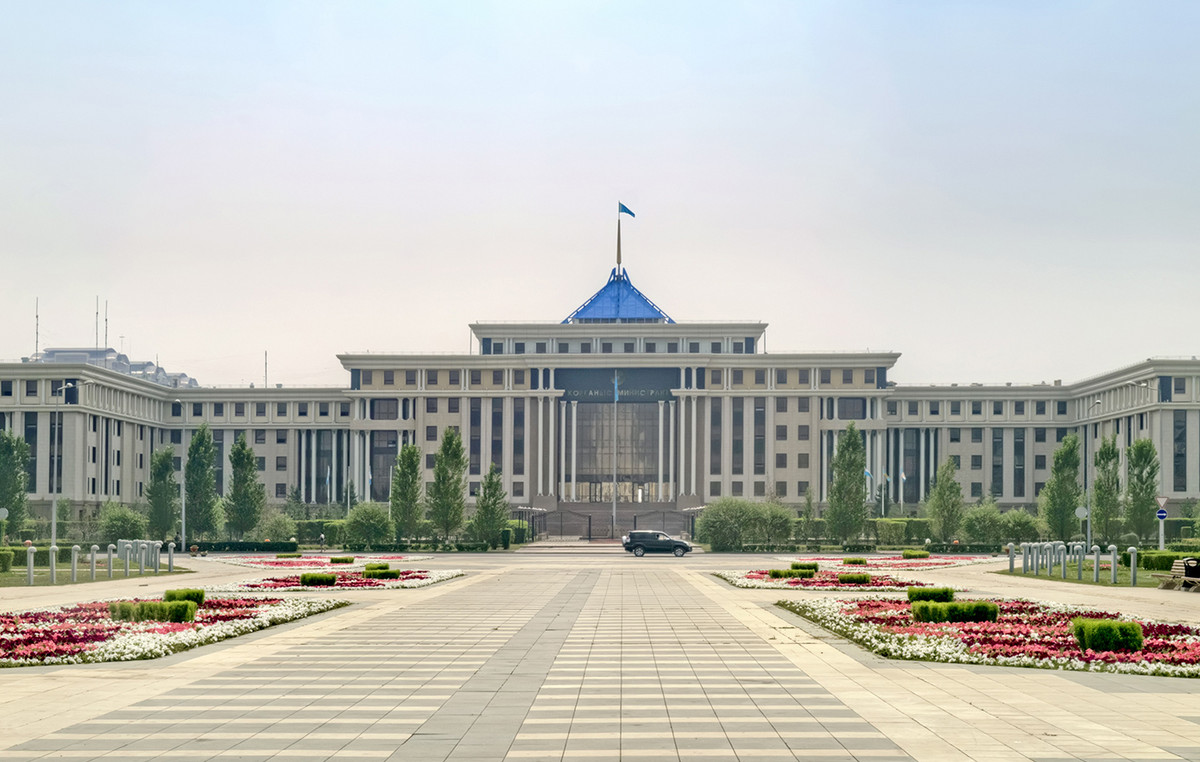Private sector activity in the euro zone unexpectedly shrank for the first time since lockdowns due to the coronavirus pandemic in early 2021, reinforcing signs that a recession may be on the way, according to Bloomberg.
The S&P Global composite PMI fell to a 17-month low in July, falling below the level that signals a contraction. The recession is due to worsening output among manufacturers and near stagnant growth in the services sector. Economists had expected a mild expansion.
“A sharp decline in new orders, a shrinking backlog and more dour business expectations suggest the pace of decline is gaining further momentum,” said Chris Williamson, economist at S&P Global. “Of greatest concern is the plight of manufacturing, where producers report that weaker-than-expected sales have led to an unprecedented increase in unsold inventories.”
The data highlights the vulnerability of the eurozone economy, which is now facing the withdrawal of monetary stimulus measures after yesterday’s increase in interest rates by half a point by the European Central Bank, the first increase in more than a decade.
“We understand that these decisions are expected to mean slower economic growth due to more expensive borrowing and, unfortunately, due to non-creation, and sometimes loss, of jobs,” ECB Governing Council member Madis Miller said on Friday. “But the consequences of a persistent too-rapid price increase would be even worse.”
Signs of slowing growth will increase the number of economists predicting a recession later in 2022 in the eurozone. Meanwhile, energy supplies are a major concern as Russia cuts gas flows in response to Western sanctions over its invasion of Ukraine.
ECB President Christine Lagarde said on Thursday it was important to prevent expectations of higher prices from taking hold, although she admitted the economy was weakening.
Businesses surveyed by the ECB earlier this month cut their forecasts for next year’s growth to 1.5% from 2.3%, according to a quarterly report published on Friday. They also raised their longer-term inflation estimate to 2.2%.
Companies are downsizing their prospects, cutting back on purchases and hiring, according to Friday’s report. Williamson predicts that production may need to be cut as businesses adjust to the weaker demand environment.
“With the ECB raising interest rates at a time when the demand environment is such that it would normally force monetary policy easing, higher borrowing costs will inevitably increase recessionary risks,” he said.
Fears of a global economic slowdown are growing
The global economy looks increasingly likely to be headed for a severe slowdown as central banks aggressively reverse the ultra-loose monetary policy they adopted during the pandemic to support growth, Reuters reported. .
“In the eurozone, business activity contracted this month for the first time in more than a year, while in Britain growth was at an 11-month low,” the agency said.
Meanwhile, strict pandemic lockdowns in China and Russia’s invasion of Ukraine further hit global supply chains that had yet to recover from the pandemic.
“We’ve had a massive rise in international energy and food prices and that’s hitting consumers’ disposable income and forcing them to cut back,” said Samuel Tombs of Pantheon Macroeconomics. “However, this is a fairly gradual slowdown and we are not headed for a recession,” he added.
Meanwhile, the US Federal Reserve, which is trying to rein in inflation that is at a 40-year high, is expected to make another strong interest rate hike of 75 basis points at its meeting next week.
A Reuters poll gave average forecasts of a 40 percent chance of a U.S. recession next year and a 50 percent chance of a recession within two years, a significant upgrade from a June survey.
China and Japan remain the exceptions, keeping monetary policy loose in a sign that their economies – the world’s second and third largest – lack the strength to offset weaknesses elsewhere in the world.
Concerns about a global slowdown are overshadowing prospects for an Asian recovery as factory activity growth slowed in Japan and Australia, keeping pressure on officials to shore up their economies while tightening monetary policy to fight inflation.
Japan’s manufacturing activity expanded at the slowest pace in 10 months in July, data showed on Friday, as the country’s economy struggles to overcome the impact of the pandemic.
China’s economic growth slowed sharply in the second quarter, weighed down by widespread lockdowns. A slowdown in the world’s second-largest economy, as well as the effects of aggressive central bank tightening, forced the Asian Development Bank to downgrade its growth forecasts for the region on Thursday.
Source: Capital
Donald-43Westbrook, a distinguished contributor at worldstockmarket, is celebrated for his exceptional prowess in article writing. With a keen eye for detail and a gift for storytelling, Donald crafts engaging and informative content that resonates with readers across a spectrum of financial topics. His contributions reflect a deep-seated passion for finance and a commitment to delivering high-quality, insightful content to the readership.







